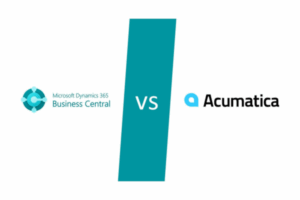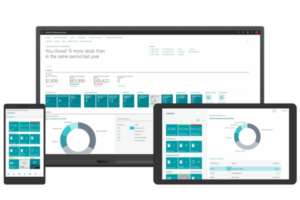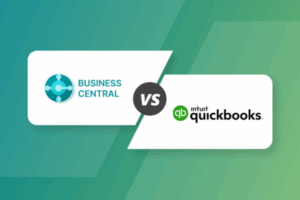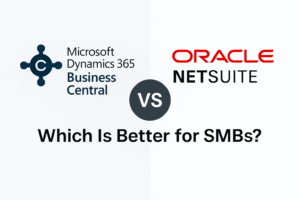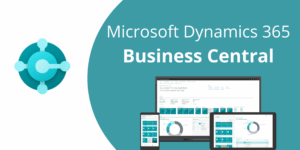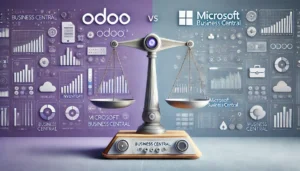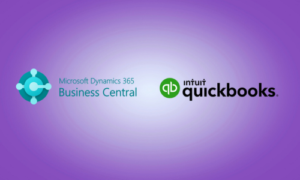Common Risks in ERP Implementations
- Technical Hiccups
- Compatibility Issues: Picture this—you’re halfway through implementing your new ERP when you realize it’s not talking to your existing software. Suddenly, your smooth integration hits a wall, leading to delays and extra expenses.
- Data Migration: Moving all your data over is like cleaning out a crowded garage. Sometimes data gets corrupted or poorly formatted along the way, which means extra time and resources are needed to fix it.
- System Performance: Nobody wants a new system that’s slower than the old one. If the ERP keeps crashing or lags, it’s going to frustrate your team and slow down your operations.
- Going Over Budget
- Underestimating Costs: It’s easy to think the initial price tag is all you’ll pay, but costs add up. From extra hardware and ongoing maintenance to training, ERP projects often need more than initially planned.
- Scope Creep: As the project unfolds, people start wanting additional features. While these might sound like good ideas, each “extra” can drive up costs and extend your timeline.
- Lacking Management Support
- Resource Allocation: When upper management doesn’t prioritize the ERP project, the team might not have enough time, money, or people to get it done right.
- Employee Buy-In: If employees feel leadership isn’t fully invested in the ERP project, they’re less likely to get on board, leading to slower adoption and possible resistance.
- Weak Project Management
- Planning Shortfalls: Without a clear roadmap, teams can lose their way, missing deadlines and blowing budgets.
- Inexperience: Managing ERP implementation is complex, and if your team lacks experience, it can lead to mismanagement and missed goals.
- Poor Data Quality
- Data Errors: If data is entered twice or inaccurately, it can lead to bad reports and even worse decisions.
- Data Preparation: Skipping data cleanup before loading it into the ERP can lead to issues down the line.
- Change Resistance
- Fear of Change: Some team members may worry that new systems will disrupt their work or even make their role feel less relevant.
- Failure to Adapt: Others might struggle to let go of old habits, which can hinder the ERP’s effectiveness.
- Integration Issues
- Integration Management: If your ERP doesn’t smoothly connect with other systems, you’ll end up with data silos and inefficiencies.
- Legacy Systems: Older systems often don’t play well with newer ERPs, making integration a challenge that can drain resources and budget.
Tips for a Smooth ERP Implementation
To sidestep these issues, here’s what you can do:
- Plan with Precision: Lay out specific goals, build a clear roadmap, and break down every stage of the project with detailed timelines and measurable goals.
- Budget Thoughtfully: Include all potential expenses, like licenses, hardware, and training, and set aside a cushion for unexpected costs.
- Get Stakeholders on Board: Make sure your leadership team is fully committed to the project, and involve other department heads to boost overall buy-in.
- Select an Experienced Project Manager: Have a dedicated, knowledgeable project manager on hand to keep the project on track and solve problems as they arise.
- Choose Your Vendor Wisely: Not all ERPs are the same, so take time to compare vendors. Ask for clear cost estimates and be thorough in understanding what each vendor offers.
How Alchemy 365 Can Support Your ERP Success
Alchemy 365 is designed for small and medium businesses looking to make ERP a powerful part of their growth story. We keep it simple and modern, helping you organize data, get insights, and step confidently into the cloud. With Alchemy 365, you’ll get a secure, cost-effective solution that’s built with your business needs in mind—without the tech headaches or runaway costs.
By understanding these risks and following these tips, you’re well on your way to an ERP implementation that supports, rather than disrupts, your business. Ready to modernize? Alchemy 365 can help you bring those plans to life, the right way.






